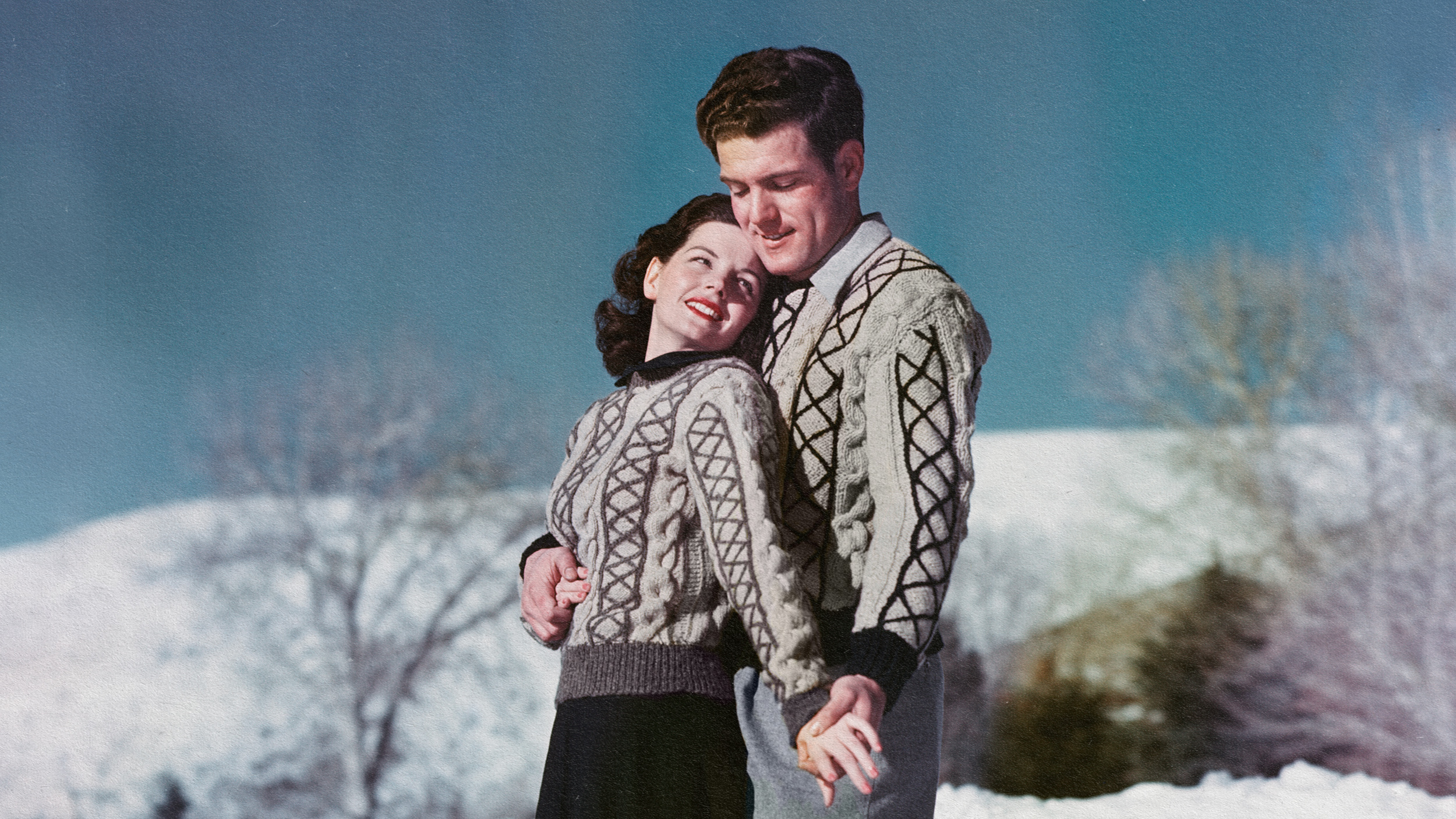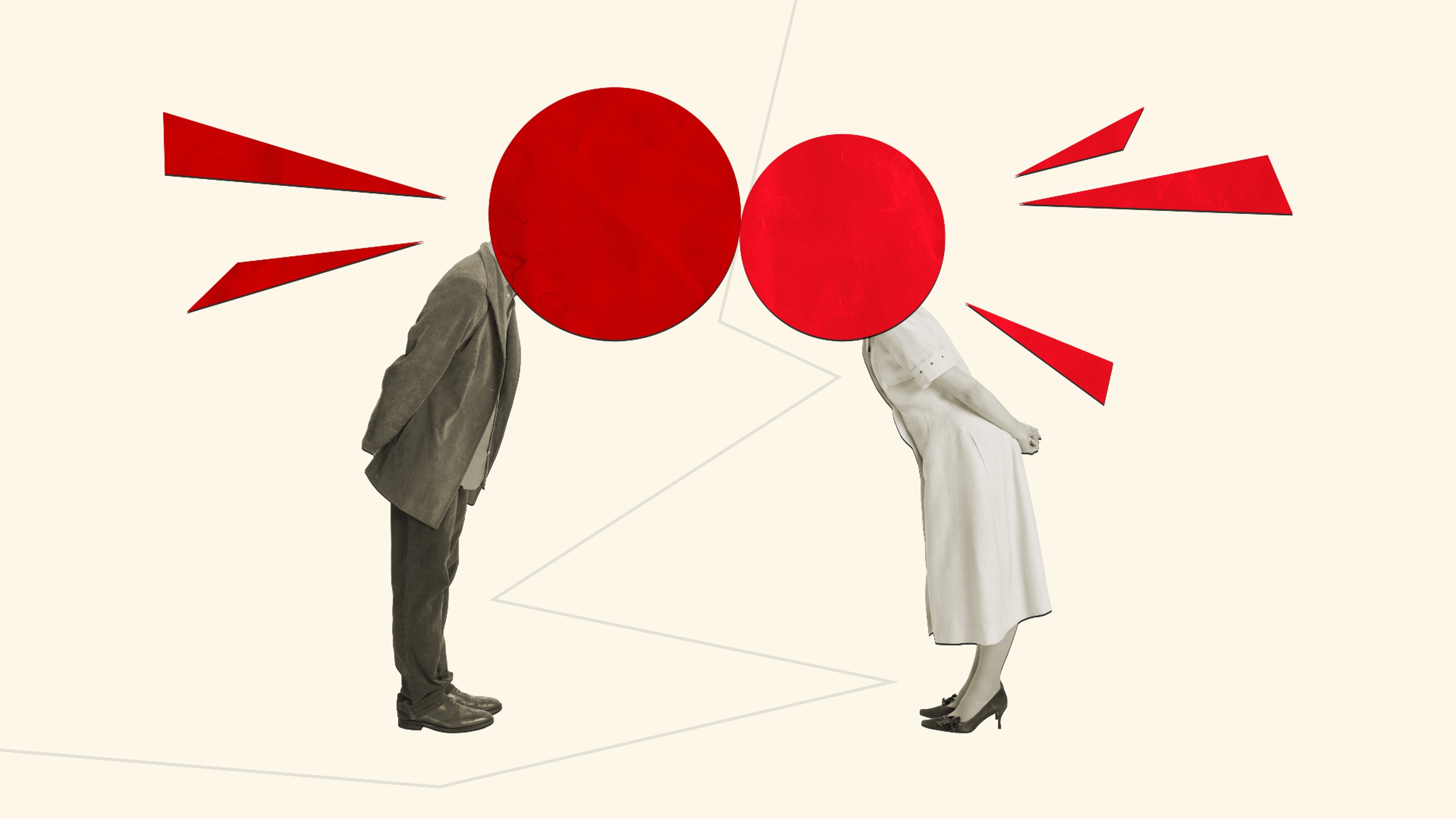How smart is ‘too smart’ for a romantic partner?

Putting sapiosexual memes aside, is high IQ really something that can genuinely turn people on? According to a new study from the University of Western Australia – yes. There is a caveat, however — above a certain threshold, the effects start to wear off.
The authors of the study Some people are attracted sexually to intelligence: A psychometric evaluation of sapiosexuality wanted to know how exactly desirability of a potential partner changes across various levels of intelligence. In addition, they wanted to finally come up with a reliable measure to prove the existence of the sapiosexual creature (a.k.a. the “sapiosexual psychological construct”), to whom “intelligence is a genuine turn-on” and not simply a desirable trait due to the associated perks.
Previous research has shown that when it comes to the traits people look for in a potential partner, intelligence is second only to “kind and understanding.” Few studies, however, explore exactly how much intelligence is required and how desirable it is.
So far, there are four main hypotheses about the social value of intelligence. One of them, the so-called “threshold IQ hypothesis,” posits that for all romantic, creative, academic, and professional intents and purposes, the social value of intelligence does not extend further than an IQ of approximately 120. After this threshold, intelligence becomes “sufficient enough” and other factors, such as personality take center stage.
A similar hypothesis takes an even more conservative threshold of an IQ of a 100. A third one accepts a linear relationship between intelligence and its social value, while the fourth hypothesis sees an exponential increase of the social value of intelligence above the 90th percentile (as shown empirically, for example, when looking at the relationship between SAT scores and income within a sample of the top 1% of intellectual ability).

Types of theoretical associations between intelligence and socially advantageous outcomes. / Credit: Intelligence
The latest study was done with 383 participants with a mean age of 25 and a mean IQ of 108. Yet again, intelligence was rated second only to kindness and understanding, when participants were asked to rate the traits they want in a partner. When it came to the desirability of each level of intelligence, the results supported the threshold IQ 120 hypothesis. It appears that while the 90th intelligence percentile is the most sexually attractive and the most desirable in a partner, after that point attraction not only stops increasing, but actually declines.

The researchers provide a possible explanation to this phenomenon:
“[I]t may be the case that some participants in this investigation appealed to the stereotype that highly intellectually abled people suffer from inter-personal problems, when they evaluated the 99th intelligence percentile item. Extreme levels of intelligence may not be the only trait that invokes negative stereotypes. That is, some people may rate very high levels of several socially desirable attributes as somewhat less attractive (e.g., physical attraction, kindness, wealth, etc.), because they may fear a lack of compatibility with the prospective partner, or that such extreme traits may be associated with corresponding less attractive characteristics.”
Finally, the authors created and administered the first Sapiosexuality Questionnaire (SapioQ) featuring items like “Listening to someone speak very intelligently arouses me sexually.” The results gave “some plausibility for the sapiosexuality construct,” showing a normal distribution of the trait. In other words, about 8% of the respondents could be considered sapiosexual with women scoring slightly higher on the scale.
In light of the results, it should also be noted that other studies have seen that the minimum level of intelligence required of a mate can change depending on our intentions. For example, a single date was associated with a minimum intelligence expectation of approximately the 50th percentile, while marriage boosted that minimum with 15 additional percentage points. Interestingly, in this study there was one major difference between males and females. When it came to the one-night-stand scenario, males’ minimum intelligence requirement dropped to the 41st percentile, while females’ rose to the 55th.





